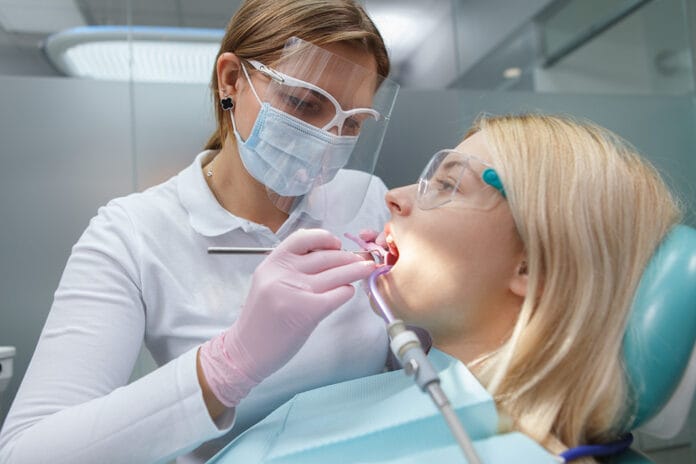Carrie McHill, MPH, EPDH
Hospital Dental Hygiene: Advantages of Integrating Oral Health Services in a Hospital Setting
Dental hygienists have long been utilized in alternative practice settings to provide oral care to those who would otherwise not receive it. By utilizing...
Today’s Lesson for Dental Hygienists: You Are Doing Enough!
Dental hygienists continue to pursue the latest advances in technology and education, but it can become overwhelming. The influx of new systems and studies...
Special Needs Patients: Preparing a Dental Hygiene Appointment
Every hygienist wants to provide the best care for patients, but sometimes, we don't know exactly how to do that when it comes to...
Systemic Health: 5 Things Dental Hygienists Should Be Talking About
For most patients, home-care tips go a long way in preventing diseases in the mouth. The physical, mechanical removal of plaque and bacteria is...
Cultural Competency: A Dental Hygiene Chair that Welcomes All
Culture influences our behaviors in every aspect of our lives, contributing to dental hygienists’ decisions about habits, desires, and needs. Culture also heavily influences...
Education: Programs that Allow Hygienists to Move Beyond Clinical Dental Hygiene
How do dental hygienists embrace their role as a specialist beyond the dental chair? Many clinical dental hygiene providers eventually want to step into...
8 Reasons to Stop Being a Clinical Dental Hygienist
Gasp.
You mean some people become hygienists, and they don’t like it?
There. I said it. Because no one seems to want to talk about it.
Sometimes...







